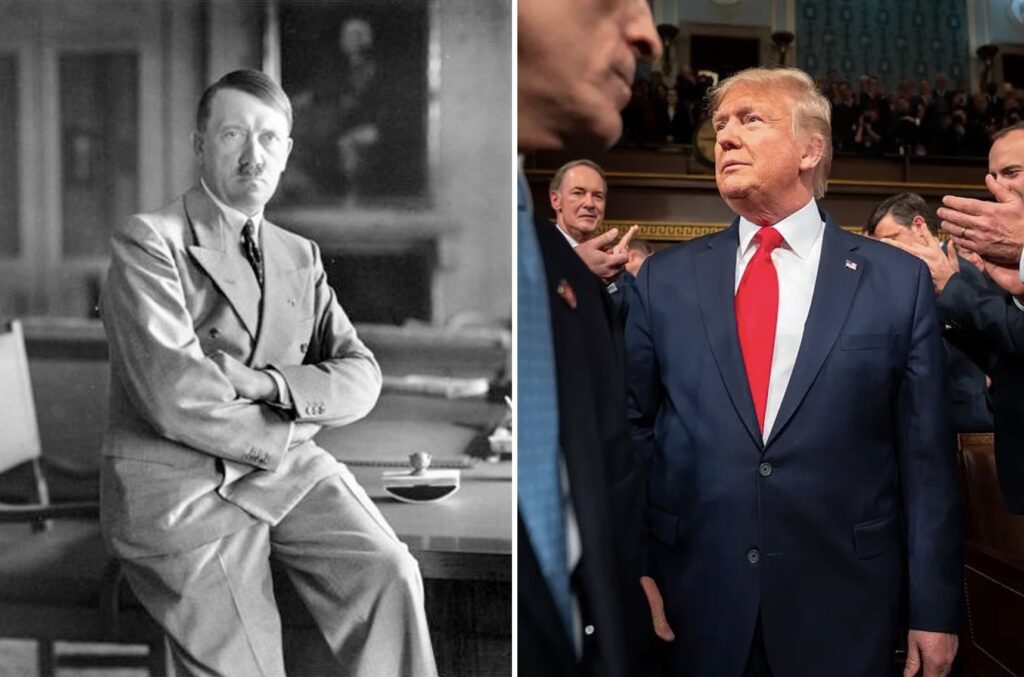The article explores the unsettling parallels between the mass adoration of Adolf Hitler in World War II and the fervent support for Donald Trump among his rally attendees. Both leaders evoke intense enthusiasm from their followers, who often perceive them as superhuman figures. Unlike mainstream politicians, Hitler and Trump embrace fascism; they exhibit racist, antidemocratic, and authoritarian traits, along with a penchant for deceit.
The author reflects on Hannah Arendt’s “The Origins of Totalitarianism,” proposing that totalitarian movements create a comforting, fictional world that is more palatable than harsh reality. This allure may explain why many average Americans, affected by economic hardship, gravitate toward such illiberal ideologies. Currently, 42% of U.S. households struggle to meet basic needs, which may drive individuals to seek radical solutions.
Freudian concepts further support this idea, suggesting that humans create powerful illusions as coping mechanisms against life’s challenges. While not all religious beliefs can be explained through Freud’s lens, his thesis—that facing helplessness leads to the desire for an omnipotent protector—resonates. Ultimately, the article posits that without widespread economic stability, fascism will continue to attract those feeling abandoned, threatening the foundations of liberal democracy.



